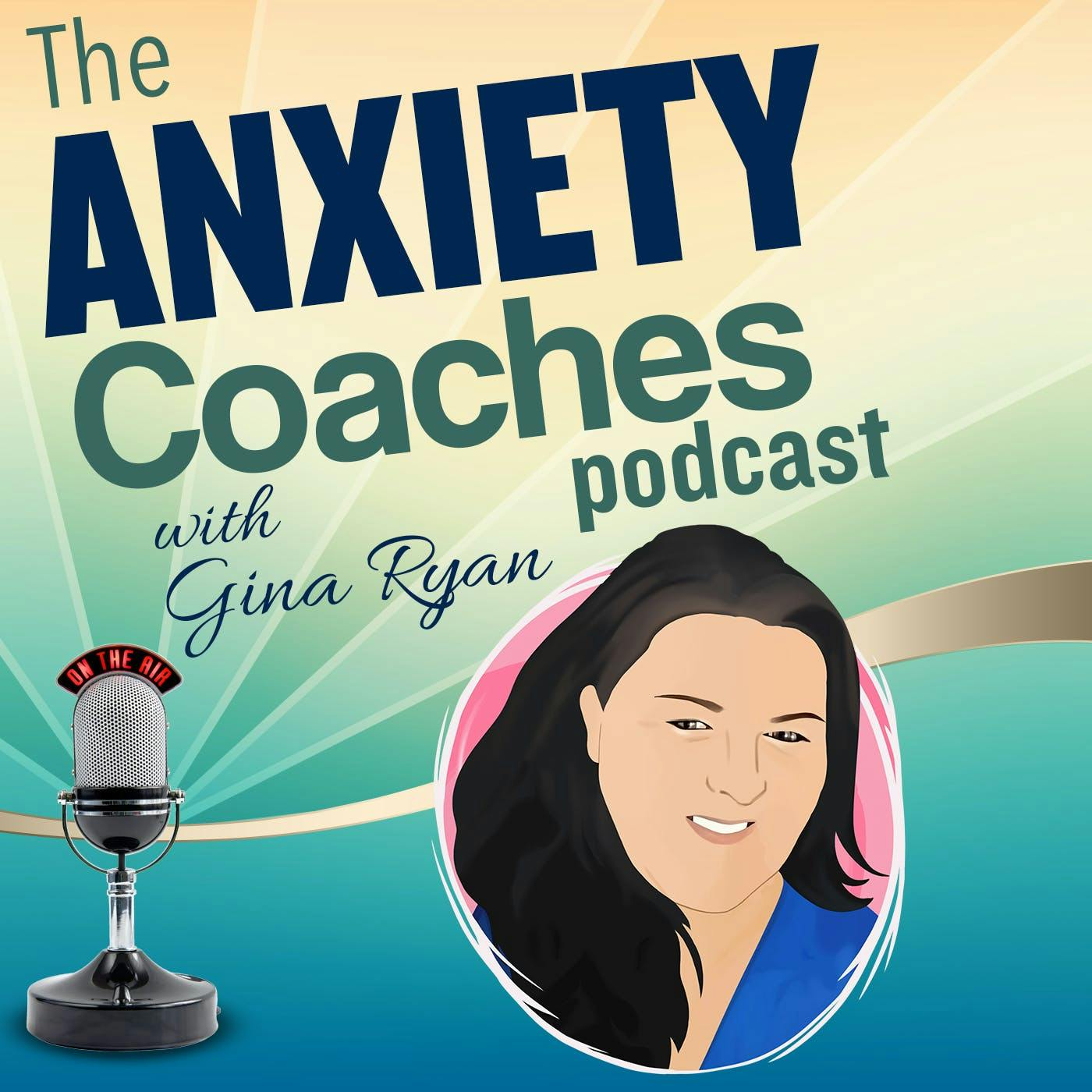The Power of Media Fasting: How to Reclaim Your Calm

Introduction: The Power of Media Fasting
In the age of technological overload, media consumption has become an inescapable part of our daily lives. From social media to streaming services to the endless stream of digital notifications, we are constantly bombarded with information and stimuli. While technology has undoubtedly brought many benefits, it has also taken a toll on our mental health and well-being.
In this blog post, we will explore the transformative power of media fasting. We will discuss the benefits of temporarily disconnecting from our devices, provide step-by-step instructions for implementing a successful media detox, and highlight the profound impact it can have on our lives. By embracing the power of silence, we can reclaim our time, attention, and sense of self, ultimately leading to greater well-being and fulfillment.
Benefits of Media Fasting
Research has consistently shown that excessive media consumption can have a negative impact on our mental and emotional health. Studies have linked screen time to higher levels of stress, anxiety, depression, and lower self-esteem. Additionally, the constant stream of information and notifications can lead to information overload and cognitive fatigue.
By engaging in a media fast, we can break free from this cycle and experience a wide range of benefits. Some of the most significant benefits include:
- Reduced stress and anxiety
- Improved mood and emotional balance
- Increased concentration and productivity
- Enhanced sleep quality
- Greater self-awareness and mindfulness
- Improved relationships with others
- Reconnection with the present moment
Impacts of Media on Our Lives
Before we delve into the steps for a successful media detox, it is important to understand the ways in which media shapes our lives and influences our behavior.
- Social Comparison and Body Image: Social media platforms often present an idealized and unrealistic portrayal of life, which can lead to feelings of inadequacy and body image dissatisfaction.
- News Consumption and Anxiety: Constant exposure to news and headlines can heighten our anxiety levels and create a sense of urgency and stress.
- Sleep Disturbances: The blue light emitted from electronic devices can interfere with melatonin production, leading to sleep disturbances and insomnia.
- Attention Deficit and Addiction: Excessive screen time can rewire our brain's reward pathways, leading to addictive behaviors and difficulty concentrating.
By recognizing the potential negative impacts of media consumption, we can make informed choices about our media use and take steps to reduce its harmful effects.
Steps for a Successful Media Detox
Implementing a successful media fast requires planning and intentionality. Here are some steps to guide you through the process:
- Set Clear Intentions: Identify your motivations for doing a media detox and define your goals. Do you want to reduce stress, improve your sleep, or enhance your relationships?
- Define Parameters: Decide which platforms and devices you will be abstaining from and for how long. Be realistic and start with a manageable period of time.
- Inform Others: Let your family, friends, and colleagues know about your media fast in advance to avoid unnecessary interruptions.
- Gradually Unplug: Don't quit cold turkey. Gradually reduce your screen time over several days to minimize withdrawal symptoms.
- Engage in Alternative Activities: Fill the time previously spent on media consumption with activities that bring you joy and fulfillment, such as reading, exercising, spending time in nature, or connecting with loved ones.
- Practice Mindfulness: Pay attention to your thoughts and feelings during the media detox. Notice any cravings or discomfort and try to address them without resorting to media.
- Reflect on the Experience: After completing your media fast, take time to reflect on your experience. Note any changes in your mood, productivity, and overall well-being. Use this information to adjust your future media consumption habits.
Regaining Time and Self Through Disconnection
One of the most profound benefits of a media fast is the opportunity to reclaim our time and attention. By disconnecting from our devices, we create space for reflection, self-discovery, and meaningful connections.
Use this newfound time to engage in activities that nourish your mind, body, and spirit. Read classic literature, meditate, journal, or pursue a new hobby. Spend quality time with loved ones and foster deeper relationships. By embracing the power of silence, we can reconnect with our inner selves and rediscover what truly matters in life.
Embrace the Power of Silence
In a world that is constantly bombarding us with noise and stimulation, silence has become a precious commodity. When we take time to quiet the noise and connect with the present moment, we open ourselves up to a profound sense of peace and tranquility.
Embrace the power of silence through meditation, mindfulness practices, or simply spending time in nature. Allow yourself to disconnect from the external world and reconnect with your inner wisdom. In the stillness, you will find clarity, creativity, and a renewed sense of purpose.
Call to Action: Unplug and Renew
If you are feeling overwhelmed, stressed, or disconnected, consider implementing a media fast in your life. By temporarily stepping away from the constant stream of digital noise, you can create space for self-reflection, renewal, and a deeper connection to yourself and the world around you.
Remember, the power of media fasting lies in its ability to help you reclaim your time, attention, and sense of self. By embracing the power of silence, you can unlock a world of possibilities and embark on a journey of growth and transformation. Unplug and renew today for a more fulfilling and balanced life.
To learn more about media fasting and its transformative benefits, be sure to listen to the related episode of The Anxiety Coaches Podcast. In this episode, we discuss the value of disconnecting from technology for improved mental health and well-being.












